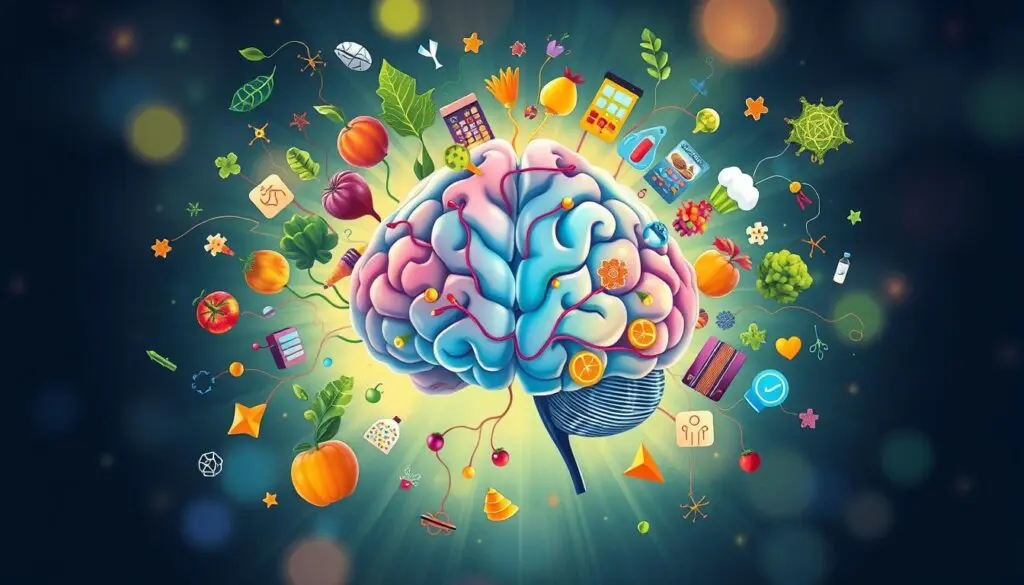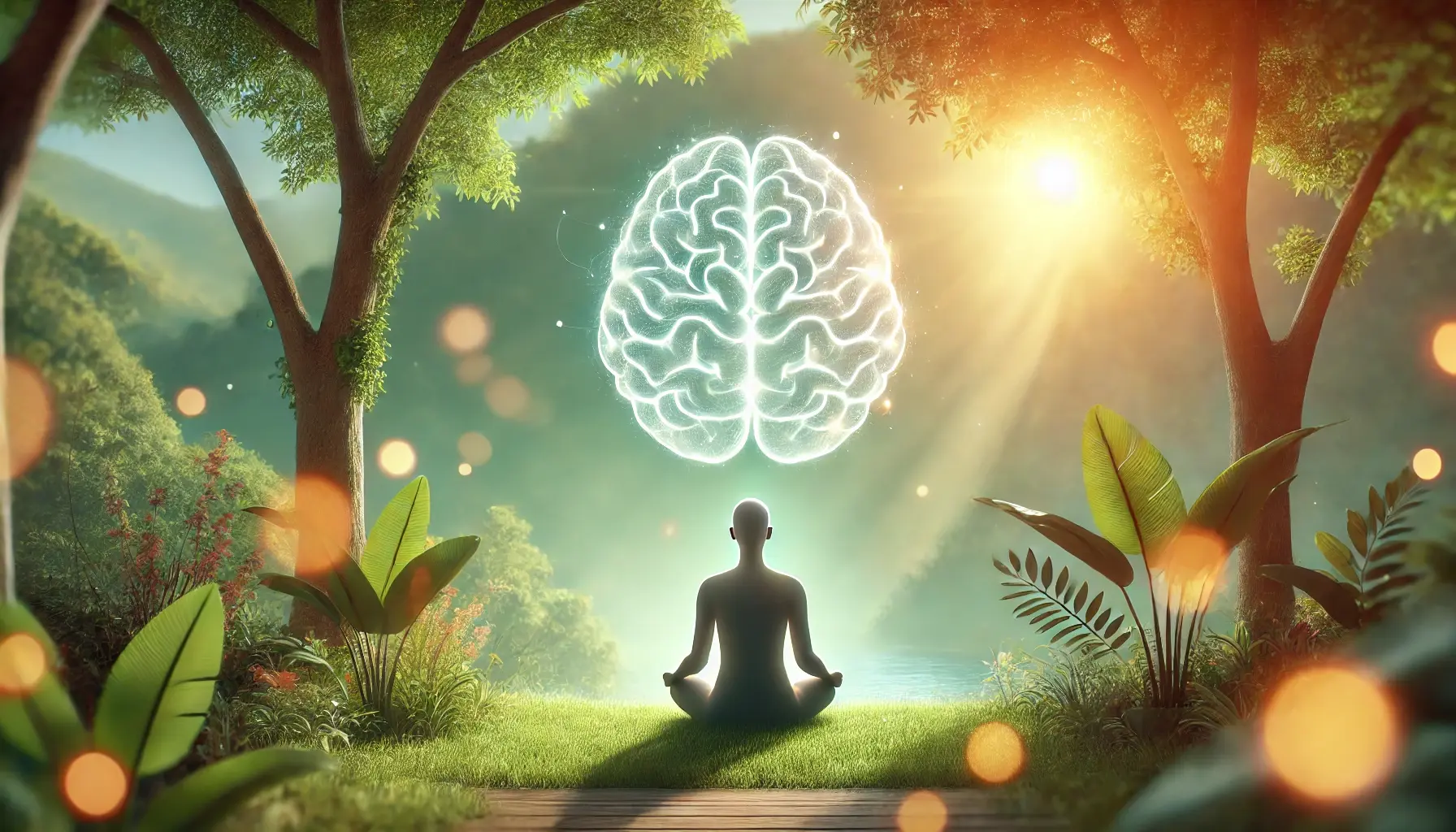Introduction: Embracing Aging with Modern Science
It is well-established that aging affects individuals differently. Some people maintain health and vitality well into their later years, while others experience early signs of decline. While genetics do play a role, scientific research confirms that lifestyle choices have a far more profound impact on how we age.
Although aging is inevitable, science offers evidence-based strategies to slow biological aging, boost longevity, and maintain a high quality of life. This article explores the key biological mechanisms of aging and practical steps individuals can take to support healthy aging through diet, exercise, sleep, stress reduction, and more.
Understanding the Biology of Aging
To support healthy aging, it is crucial to understand the biological processes behind it. Aging is a complex process influenced by several key mechanisms:
- Telomere shortening: Telomeres protect our DNA, but they shorten each time a cell divides. Over time, this leads to cell aging and death. Healthy habits like exercise and proper nutrition can slow telomere shortening. [1]
- DNA damage and mutations: Environmental stressors and oxidative damage can lead to DNA mutations, contributing to diseases like cancer. Antioxidants such as glutathione and NAD+ help repair and protect DNA. [2]
- Senescent cells: These are damaged cells that no longer divide. They promote inflammation and impair tissue repair. Clearing these cells through lifestyle and emerging therapies supports regeneration. [3]
- Mitochondrial dysfunction: Aging impairs mitochondria, reducing energy production and increasing oxidative stress. Supporting mitochondrial health is essential for energy and cellular repair. [4]
- Hormonal changes: Levels of hormones like testosterone, estrogen, and growth hormone decline with age, affecting metabolism, mood, and physical function. Optimizing hormonal health is vital. [5]
Each of these processes contributes to aging. By targeting them with smart interventions, we can age more gracefully and maintain function and vitality.
Nutrition: Eating to Age Well
 One of the most impactful ways to support healthy aging is through a nutrient-rich diet. In modern societies, obesity and poor nutrition often go hand in hand, as diets high in calories but low in micronutrients dominate. [6]
One of the most impactful ways to support healthy aging is through a nutrient-rich diet. In modern societies, obesity and poor nutrition often go hand in hand, as diets high in calories but low in micronutrients dominate. [6]
To support healthy aging:
- Limit processed foods and refined sugars: These promote inflammation and oxidative stress.
- Increase intake of fruits, vegetables, and whole grains: These provide antioxidants and phytochemicals that combat aging. [7]
- Focus on essential nutrients: Vitamins (A, C, D, E, B-complex), minerals (zinc, magnesium), omega-3 fatty acids, and antioxidants like glutathione and coenzyme Q10 are particularly beneficial.
- Consider supplements: When dietary intake is insufficient, targeted supplementation can help fill the gap.
Exercise: Movement Is Medicine
Regular physical activity is one of the most powerful anti-aging tools available. Experts even compare a sedentary lifestyle to smoking in terms of its health risks. [8]
Recommendations for physical activity:
- Cardio: Engage in moderate aerobic activity (e.g., walking, swimming, cycling) for at least 150 minutes per week.
- Strength training: Include resistance exercises at least twice a week to preserve muscle mass and bone density.
- Flexibility and balance: Yoga, tai chi, or stretching exercises help maintain mobility and prevent falls.
- Stay active daily: Use wearables to track steps and avoid prolonged sitting.
Sleep: The Foundation of Recovery and Regeneration
Sleep quality declines with age, often due to changes in circadian rhythms, stress, and chronic illness. Poor sleep contributes to cognitive decline, mood disorders, and weakened immunity. [9]
Tips for restorative sleep:
- Stick to a consistent sleep schedule
- Create a sleep-conducive environment (dark, quiet, cool)
- Limit caffeine, alcohol, and screen time before bed
- Address sleep disorders like insomnia or sleep apnea with medical support
Good sleep hygiene supports brain regeneration and hormone balance, two critical components of healthy aging.
Brain Health: Stay Sharp and Mentally Engaged
 As we age, maintaining cognitive function becomes essential. Strategies to preserve and enhance brain health include:
As we age, maintaining cognitive function becomes essential. Strategies to preserve and enhance brain health include:
- Continuous learning: Take up new hobbies, puzzles, or courses.
- Physical exercise: It boosts neuroplasticity and reduces dementia risk.
- Nutritional support: Key nutrients include omega-3s, B vitamins, NAD+, and glutathione. [10–12]
- Manage chronic conditions like diabetes and hypertension, which are linked to cognitive decline.
Combining physical, intellectual, and nutritional strategies can significantly reduce the risk of cognitive decline.
Chronic Disease Management: A Key to Longevity
Most people over 50 develop at least one chronic condition. However, lifestyle and medication adherence can dramatically reduce their impact. [13,14]
- Monitor conditions like diabetes, high blood pressure, and high cholesterol
- Follow treatment plans and attend regular checkups
- Use diet and exercise as primary tools for control
- Incorporate targeted therapies like IV infusions when appropriate
Managing these conditions not only extends lifespan but also improves quality of life.
Social Health: The Power of Connection
Loneliness and social isolation are emerging as major risk factors for cognitive decline and early mortality. Humans are social creatures, and our brains thrive on interaction. [15]
To promote healthy social aging:
- Stay connected with family and friends
- Join clubs, volunteer, or participate in group activities
- Seek support when feeling isolated
Building a strong social network contributes to emotional well-being and mental resilience.
Stress Management: Protect Your Brain and Body
 Chronic stress accelerates aging by elevating cortisol and promoting inflammation. Techniques to manage stress include:
Chronic stress accelerates aging by elevating cortisol and promoting inflammation. Techniques to manage stress include:
- Mindfulness meditation and deep breathing
- Yoga and tai chi
- Spending time in nature
- Practicing gratitude and journaling
- Using supplements like NAD+ and antioxidants to reduce oxidative stress [16,17]
Hormonal Health: Supporting the Body’s Signals
Aging leads to a natural decline in key hormones, which can affect mood, metabolism, libido, and energy. [18]
- Lifestyle choices like strength training and proper nutrition can support hormone balance
- Consider testing and bioidentical hormone replacement therapy when appropriate
- Support hormone sensitivity with nutrients and amino acids
Balanced hormones are essential for maintaining vitality.
Preventive Care and Restorative Therapies
Proactive healthcare is essential in aging well. Preventive measures include:
- Annual screenings for blood pressure, cholesterol, glucose, cancer markers, and bone health
- IV therapies for hydration, nutrient delivery, immune support, and energy
- Early intervention when warning signs emerge
Restorative therapies such as NAD+ IV infusions or glutathione therapy can enhance cellular repair and energy metabolism.
Conclusion: A Multi-Faceted Approach to Aging Gracefully
Healthy aging is not about avoiding age—it’s about optimizing how we live as we age. From diet and exercise to cognitive engagement, stress reduction, and medical care, science shows us that we can extend not only lifespan but also healthspan.
By combining modern medicine with smart lifestyle strategies, individuals can take control of their aging journey, improve quality of life, and remain vibrant through every decade.
References
- Blackburn EH, Epel ES. Telomeres and adversity: Too toxic to ignore. Nature. 2012.
- Croteau DL, de Souza-Pinto NC, Hudson EK, Hansford RG, Bohr VA. DNA repair and aging in mitochondrial DNA. Mutat Res. 1999.
- van Deursen JM. Senescence: A program of cell aging. Cell. 2014.
- Bratic A, Larsson N-G. The role of mitochondria in aging. J Clin Invest. 2013.
- Harman SM, et al. Longitudinal effects of aging on hormone levels. J Clin Endocrinol Metab. 2001.
- Ogden CL, et al. Prevalence of obesity in US adults. JAMA. 2014.
- Liu RH. Health-promoting components of fruits and vegetables. Food Sci Nutr. 2013.
- Katzmarzyk PT, et al. Sedentary behavior and life expectancy. Am J Prev Med. 2012.
- Mander BA, et al. Sleep and human aging. Neuron. 2017.
- Yehuda S, et al. Essential fatty acids and brain function. Nutr Rev. 2005.
- Kennedy DO. B vitamins and the brain: Mechanisms and impact. Nutrients. 2016.
- Lauterbach EC, et al. NAD+ metabolism and brain aging. J Geriatr Psychiatry Neurol. 2020.
- CDC. National Diabetes Statistics Report, 2020.
- CDC. Hypertension Control Report, 2021.
- Holt-Lunstad J, et al. Social relationships and mortality risk. PLoS Med. 2010.
- Lupien SJ, et al. Stress hormones and aging. Nat Rev Neurosci. 2009.
- Zhang H, et al. Antioxidants in neurodegenerative diseases. Front Aging Neurosci. 2020.
Feldman HA, et al. Age trends in hormone levels in men. J Clin Endocrinol Metab. 2002.




